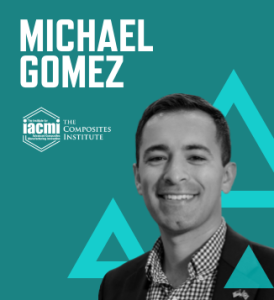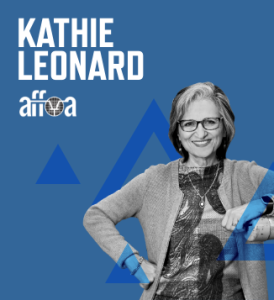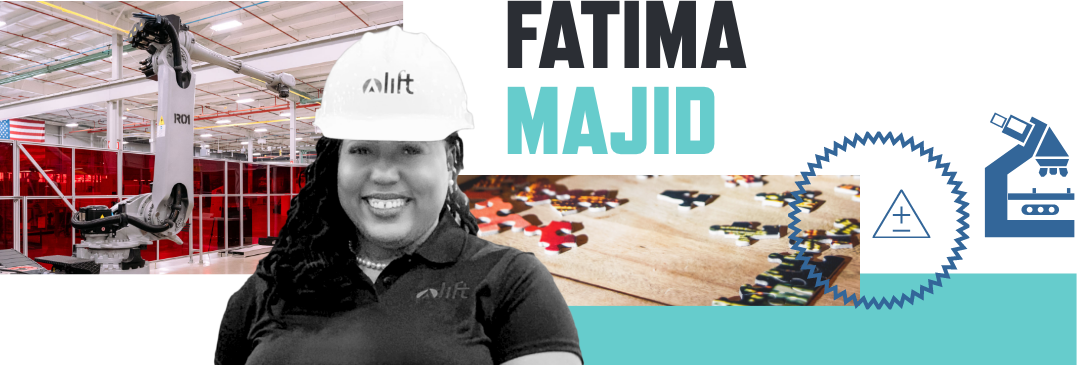
Robotics instructor, STEM advocate, Sci-Fi fan
What do you get when you mix a love of robotics and technology with a passion for learning and for sharing that knowledge with others? You get Fatima Majid, the robotic operations instructor for LIFT, a manufacturing innovation institute in Detroit, Michigan, that’s driving American manufacturing into the future through technology and talent development.
“I think as Americans, we have this desire, this love of things made in America,” she says. “The words ‘Made in America’ fosters a sense of pride for people. It encourages us to purchase and to invest in ourselves. I think LIFT and our work in advanced manufacturing is fostering that love of country.”
Fatima is passionate about empowering today’s young workforce with advanced manufacturing skills that can help them find great paying jobs, including learning how to work with advanced robotics. She calls LIFT a “sandbox of innovative technology,” including virtual welding units, pneumatic equipment, advanced manufacturing robotics like the FANUC blacksmithing robot, and the computer numerically controlled (CNC) cutting and drilling machines. There are additive manufacturing 3D printers, linear friction welders, and Computed Tomography (CT) scanners that use x-rays to produce three-dimensional representations of scanned objects, such as automotive or aerospace assemblies.
She says anyone can learn how to use robotics and other forms of advanced manufacturing technology, if they are inquisitive, enjoy learning how things work, or how to use materials and equipment to improve someone’s life or business. She’s had students as young as 16 participate in the LIFT robotics training programs.
Sparking an Interest in Robotics
“I’m a huge Sci-fi fan, and MacGyver was also an early television influence. When I was in grade school, I thought of robotics in the form of using a remote control like you would use for playing video games to control the direction of a robot or even a humanoid robot like RoboCop,” Fatima says. “It wasn’t until I studied for certifications in robotics that my knowledge expanded into learning delta, SCARA, cartesian, da Vinci and other types of robots and applications.
Fatima is always finding creative ways to spark her students’ interest in robotics and other advanced manufacturing tools and materials. She’s used content from tech showcases and movies, such as Marvel’s Iron Man, to show the versatility and broad reach of manufacturing technology in our daily lives.
“There’s this scene where the main character, Tony Starks, gives this young fellow all sorts of technology and equipment,” she says. “One of the pieces of equipment was an ABB robot. I pause that clip so my students can see who the manufacturer is, because it’s important to identify the key players in robotics, such as FANUC, Comau, Kuka, all robots we have at our LIFT high-bay facility.”
For students who are a little intimidated by this type of technology, Fatima recommends that they participate in scholastic events that can give them hands-on experience, such as a science fair, where they get to see robotics, life sciences, or agriculture innovation.
“A full circle moment came when I became a volunteer judge for the Science & Engineering Fair of Metro Detroit that I participated in (1996),” she says. “I learned that they still had records of my middle school science project and the award I received. I became a Notable Alumni due to my ongoing work in the sciences. I am a first-hand example of why introducing advanced technologies to young students is invaluable.”
"The words 'Made in America' fosters a sense of pride for people. It encourages us to purchase and to invest in ourselves. I think LIFT and our work in advanced manufacturing is fostering that love of country."
Igniting a Love of Learning in Her Daughter
As a child, Fatima’s father encouraged her to play with toys that brought him joy as a child, including his G.I. Joe figurines and LEGO® building blocks. Thanks to her mother’s love for math, Fatima learned to work with numbers and together, they loved solving puzzles. She says this was where her spatial learning skills developed and STEM learning began.
“My parents were unable to enroll in higher educational institutions,” she says. “But they were self-taught and valued education; therefore, putting forth vast efforts in teaching me and holding me accountable to my studies. I recall many teachers as they poured their knowledge into me and encouraged me to participate in programs such as Project SEED (math), DAPCEP (Detroit Area Pre-College & Engineering Program), etc. .”
During her scholastic career, Fatima continued to grow her STEM knowledge while participating in robotics competitions as part of the Tuskegee University mechatronics course. Later in life as a mother, she exposed her own daughter to STEM activities at their local library and other local organizations.
“In 2016, Michigan State held a workshop at our local library where kids could create a robotic arm using paper towel tubes, foam boards along with little scraps like little rope and sticks,” she says. “I recorded her as she demonstrated the mechanics of the robotic arm and was so proud of her accomplishment at age 6.”
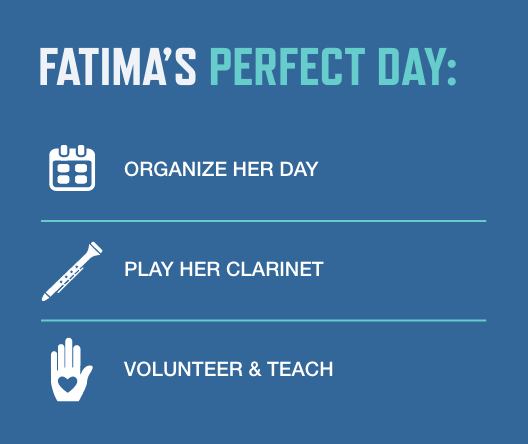
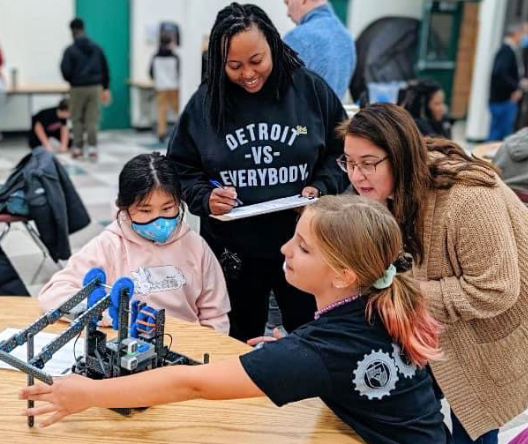
Teaching Becomes a Connection to Manufacturing
Before her daughter was born, Fatima worked as an industrial sales engineer, where she worked with hydraulics and pneumatic equipment for manufacturing. She decided to go into teaching when her daughter was in school, because the schedule allowed her to spend more time with daughter, while giving Fatima the opportunity to carry the STEM torch forward for her middle school students.
“Every day of the school year, I would fit in a presentation where I introduced my students to a black scientist,” she says. “I wanted to show them that you can be an entertainer, a music artist, or an athlete, but you can also be an academic, a scholar, or a scientist. You can do it all. My relationship with these students was so meaningful that I knew I would engage the youth. I had no idea that I would love engaging students so much.”
An Early Career Detour Eventually Comes Full Circle
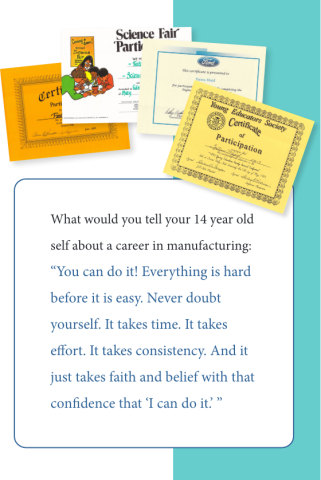
Fatima had come close to pursuing a military career when she served as a Tuskegee Airman in the Air Force ROTC at Tuskegee University. But she was honorably discharged from the program, and she thought that would be the end of her involvement with the military.
“I was obviously devastated,” she says. “But this experience, along with my background in teaching and advanced manufacturing were all valuable learning experiences that came full circle when I got the offer to be the Robotics Instructor at LIFT.”
Serving Her Country By Helping Transition Veterans to New Careers
Today, Fatima’s responsibilities go way beyond robotics instruction. Most of her time is now devoted to overseeing LIFT’s Operation Next, to help military service men and women build valuable advanced manufacturing skills to help them transition into successful civilian careers.
“I’m helping to elevate this program, and now we’ve been able to duplicate it at 14 other sites,” she says. “After missing the opportunity to serve my country many years ago, I now get to serve the military in some capacity through Operation Next. Now I know what it means to ‘fail forward!’”



